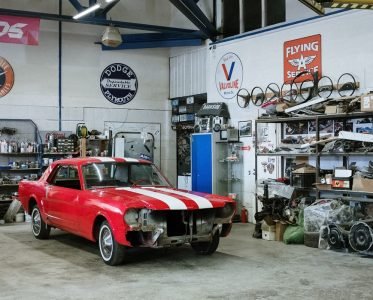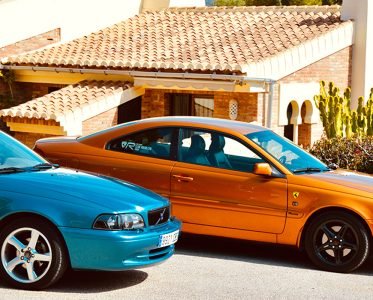Collector cars are passenger vehicles that are twenty-five years old or older. They are good cruising cars and are particularly well-suited for a summer jaunts. Collector cars are simply those cars deemed by their owners as classic, as having sentimental value, or are worth a lot more money than the average late-model car. Collector cars are stolen from time to time, but they tend to be harder to resell and the parts are often more difficult to market; because of this, theft insurance is lower than for regular cars. Because collector cars are driven less often and their owners take great care when driving and storing them, the classic car insurance rates are less than a standard auto policy. These cars are typically maintained for use in car club activities, exhibitions, parades, or private collections, and are driven with less frequency than everyday vehicles. Most collector cars are one-of-a-kind – they have their own personalities, their own degrees of restoration. Most buyers of collector cars are investors in other fields, and collector cars offer many benefits not found in other investments. Many people feel collector cars are great investments even though they are consistently fluctuating in value; they are always being bought and sold just like stocks by investors, so they are easy to make liquid. They are not a safe investment but, like most collectibles, can be lucrative at times.
Collector Cars to Get
Cars of the fifties, particularly sports racing cars that can be used for transportation, may well represent the best period to collect. The ’50s and ’60s were a time when we all went to sock hops and cruised in fabulous hot rods and classic cars. Cars that have spent their lives in dry climates such as the American Southwest are often found as original examples with little rust. These cars are relatively liquid in that there is a strong international sales market, and if the market is better in another country or on another continent, the car can be moved, unlike real estate for example. Classic cars that have been restored in most details or are well maintained and preserved appeal to any observer, not just the enthusiast. These older cars pollute much more than newer cars, but most owners do not worry about that. People have a reason to buy cars, whether it is for the enjoyment of participating in the many events, such as rallies, races, shows or club get-togethers, or just for the pride of owning a beautiful piece of automotive history.
Value of Collector Cars
Collector cars have value, but how is that value determined in a changing market? There are some accepted standard methods of arriving at the value of any car, collectible or otherwise. There are many resource guides and pricing books available that can provide value guidelines based upon the overall condition of the vehicle. Some people just get value owning the car and enjoying it. To these people, if the car goes up in value, fine; if not, fine. Many collector car owners get a special kind of theft insurance called Agreed Value insurance. With an Agreed Value collector car policy, you are assured of receiving the full face value of the policy if you suffer a total loss. This pays the full-insured amount in the event of a total loss and reflects the insured value of the car.



















